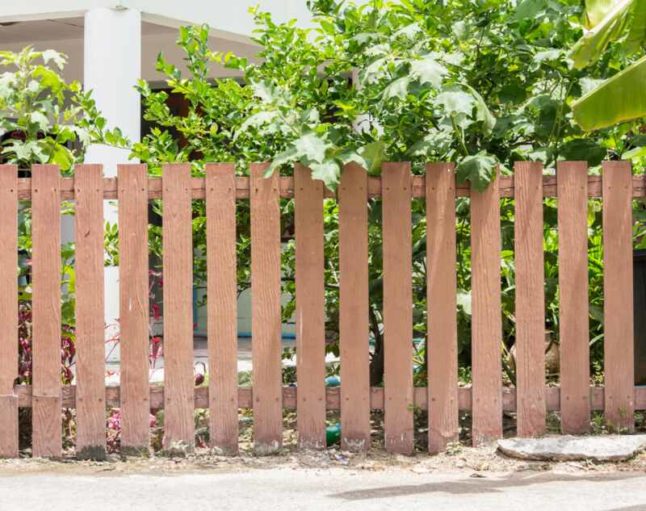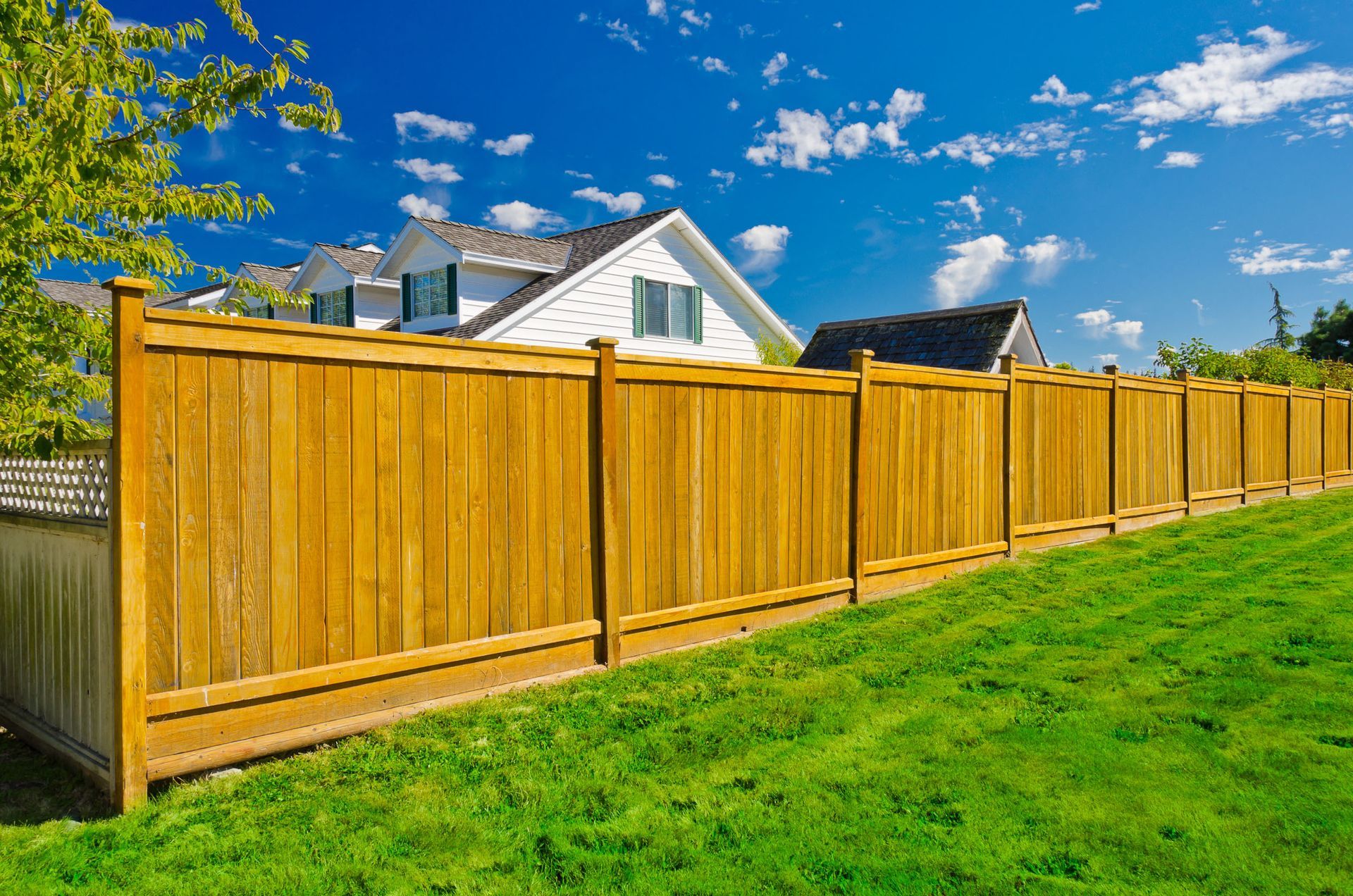All Categories
Featured

When setting up a fence, choosing the right product is essential to balancing functionality, aesthetics, and budget. Timber, plastic, and aluminum are amongst the most generally picked fencing materials, each with its strengths and downsides. This guide explores the advantages and disadvantages of these alternatives to aid you make an educated choice.

Timber Fence. Pros:. All-natural Elegance: Timber's timeless appeal can enhance any kind of residential property with its classic and cozy look. Adjustable: You can paint, tarnish, or carve wood to fit your design choices. Economical: Timber secure fencing is initially much more affordable compared to some various other products. Environmentally Friendly: As a renewable energy, wood is eco-friendly and often considered eco-friendly. Cons:. Maintenance-Intensive: Normal sealing, painting, or staining is called for to avoid damages from climate and pests. Prone to Degeneration: Without appropriate treatment, timber can rot, warp, or split in time. Much shorter Life-span: Usually, wood fencings last 10-15 years, relying on the kind of wood and maintenance. Wood is a great alternative for those who value aesthetics and agree to purchase routine upkeep to preserve its look and toughness.
Vinyl Fencing. Pros:. Low Maintenance: Plastic calls for marginal care-- just periodic cleaning with soap and water. Climate Resistant: It doesn't warp, rot, or give in to insect damages, making it extremely resilient in different climates. Long life: Vinyl fences can last 20-30 years with little to no repair work. Design Selection: Available in a wide variety of textures, colors, and designs, including wood-like appearances. Disadvantages:. Greater Initial Cost: Plastic fencings are more expensive in advance compared to wood. Susceptability to Cold: In exceptionally chilly weather, vinyl can end up being prone and weak to cracking. Minimal Fixing Options: Matching substitute panels can be testing if damage happens. Plastic fence is ideal for property owners searching for a resilient, low-maintenance option that uses modern convenience.

Aluminum Fencing. Pros:. Rust-Proof: Light weight aluminum resists deterioration, making it an excellent option for moist or damp atmospheres. Sturdy: In spite of being light-weight, aluminum is solid and can withstand rough weather conditions. Low Maintenance: It needs minimal maintenance, normally just occasional cleansing. Long Life-span: Aluminum fences can last decades without significant deterioration. Elegant Layout: Often utilized for ornamental purposes, aluminum secure fencing adds a smooth, innovative want to properties. Disadvantages:. High Initial Investment: Aluminum fences are among the costlier alternatives on the market. Much less Personal privacy: The open styles common with light weight aluminum fence do not provide much personal privacy. Prone to Damage: While sturdy, light weight aluminum can damage if struck with enough force. Light weight aluminum is an excellent option for house owners prioritizing appearances and toughness without needing much maintenance.
Making Your Choice. When choosing in between timber, vinyl, or aluminum secure fencing, consider your priorities:
Timber fits those that value a natural appearance and do not mind putting in upkeep initiative. Vinyl is the very best choice for those seeking a low-maintenance, weather-resistant service. Light weight aluminum provides streamlined style and resilient resilience however might lack privacy. By carefully examining these materials' attributes, you can choose a fencing that enhances your residential property while meeting your aesthetic and useful requirements.
Latest Posts
Seeking a Auto Repair Shop in St. Louis? Choose Car-X St. Louis for Professional Service
Published Apr 21, 25
1 min read
The Roadway to Financial Freedom Begins Here
Published Apr 21, 25
1 min read
Inquire for Your Desire Occasion at Enjoyable City Hotel
Published Apr 21, 25
1 min read
More
Latest Posts
Seeking a Auto Repair Shop in St. Louis? Choose Car-X St. Louis for Professional Service
Published Apr 21, 25
1 min read
The Roadway to Financial Freedom Begins Here
Published Apr 21, 25
1 min read
Inquire for Your Desire Occasion at Enjoyable City Hotel
Published Apr 21, 25
1 min read